Failed Wastewater Systems: The Dos and Don’ts in Vermont
When Your Septic System Fails: What Vermont Homeowners Should Do Next
In Vermont’s rural and suburban communities, many homes rely on
onsite wastewater systems (septic systems) to manage household wastewater safely. But when a system fails, it can lead to serious health, environmental, and financial consequences. According to Vermont’s DEC, a failed system can cause surface pooling, odors, backups, and contamination of groundwater or nearby waterways.
Before things get worse, homeowners need to know what steps to take — and what mistakes to avoid. Below is your practical guide to handling a failed wastewater system the right way.
📄 View the full Vermont DEC pamphlet on failed wastewater systems
What Is a Failed Wastewater System?
A wastewater system is considered “failed” when it can no longer reliably transport, treat, or dispose of household sewage without causing environmental or health hazards. Common signs include:
- Sewage surfacing on the ground
- Strong, persistent odors
- Backups in plumbing
- Saturated or soggy drain field areas
- Algae growth in nearby water bodies
In Vermont, failed systems are governed by state and local regulations to protect drinking water, wetlands, and public health.
The Do’s & Don’ts After a System Fails
✅ DO: Act Quickly & Safely
- Stop using the system until repaired (minimize water use, shut off nonessential plumbing).
- Isolate the problem if possible (e.g., shut off valves or divert certain drains).
- Contact a qualified professional (like Taplin Septic) to inspect, diagnose, and propose solutions.
- Notify local authorities if required. In some cases, reporting to your town health or DEC may be necessary.
❌ DON’T: Ignore the Problem or Use Temporary Band-Aids
- Don’t keep running water through the system — it can worsen damage and spread contamination.
- Avoid DIY fixes like pouring chemicals or attempting invasive repairs without proper permits or expertise.
- Don’t bury the problem or cover up smell/surface issues — the underlying failure remains.
- Avoid excessive use of additives or “miracle” treatments that claim to restore failed systems.
Planning a Repair: Key Considerations
- System Assessment & Diagnosis
Use sewer camera inspections, soil tests, and flow measurements to determine what’s failing: tank, pipes, drain field, or combination. - Repair or Replace?
For some systems, repairs or partial fixes may be possible; in other cases, full replacement is safer and more sustainable. - Permit & Regulatory Compliance
In Vermont, system repairs or replacements often require permits or oversight from the local health or environmental agency. Work with professionals familiar with DEC rules. - Site Preparation & Drain Field Design
The new or repaired system must suit soil conditions, lot slope, setback requirements, and seasonal high groundwater levels in Vermont. - Budget & Financing
System fixes can be costly. Ask for multiple proposals, and check for any grant, loan, or cost-sharing programs in your municipality or through state programs.
Preventive Steps to Avoid Failure
- Routine Pumping & Maintenance
Follow a 3–5 year pumping schedule, inspect system components, and repair issues early. - Water Conservation
Fix leaks, use water-saving fixtures, and spread out high-water-use activities. - Proper Waste Disposal
No grease, non-biodegradable wipes, or harsh chemicals down drains. - Protect the Drain Field
Don’t park vehicles or place heavy structures over it; maintain surface drainage away from the field. - Be Mindful of Trees & Landscaping
Avoid planting deep-rooted trees near system lines; roots can invade pipes or fields.
Why Vermont Conditions Matter
Vermont’s climate, soil types, and seasonal freeze-thaw cycles impose constraints on design, repair timing, and system durability. During spring thaw or heavy rains, failed systems can worsen quickly. That’s why quick action in the fall — before ground frost and snow — helps reduce repair complications and protects groundwater.
How Taplin Septic Can Help
For homeowners across Vermont — from Newport to Stowe, Lyndon, Barton, Craftsbury, and nearby towns — Taplin Septic offers:
- Professional inspections & site evaluations
- Sewer camera diagnostics
- Repair or replacement services that meet DEC and local regulations
- Preventive maintenance plans to catch issues early
Don’t let a failed wastewater system turn into a disaster. Let Taplin assess your system and guide you toward a durable solution.
🚛 Taplin Septic — Clean, Reliable, Vermont

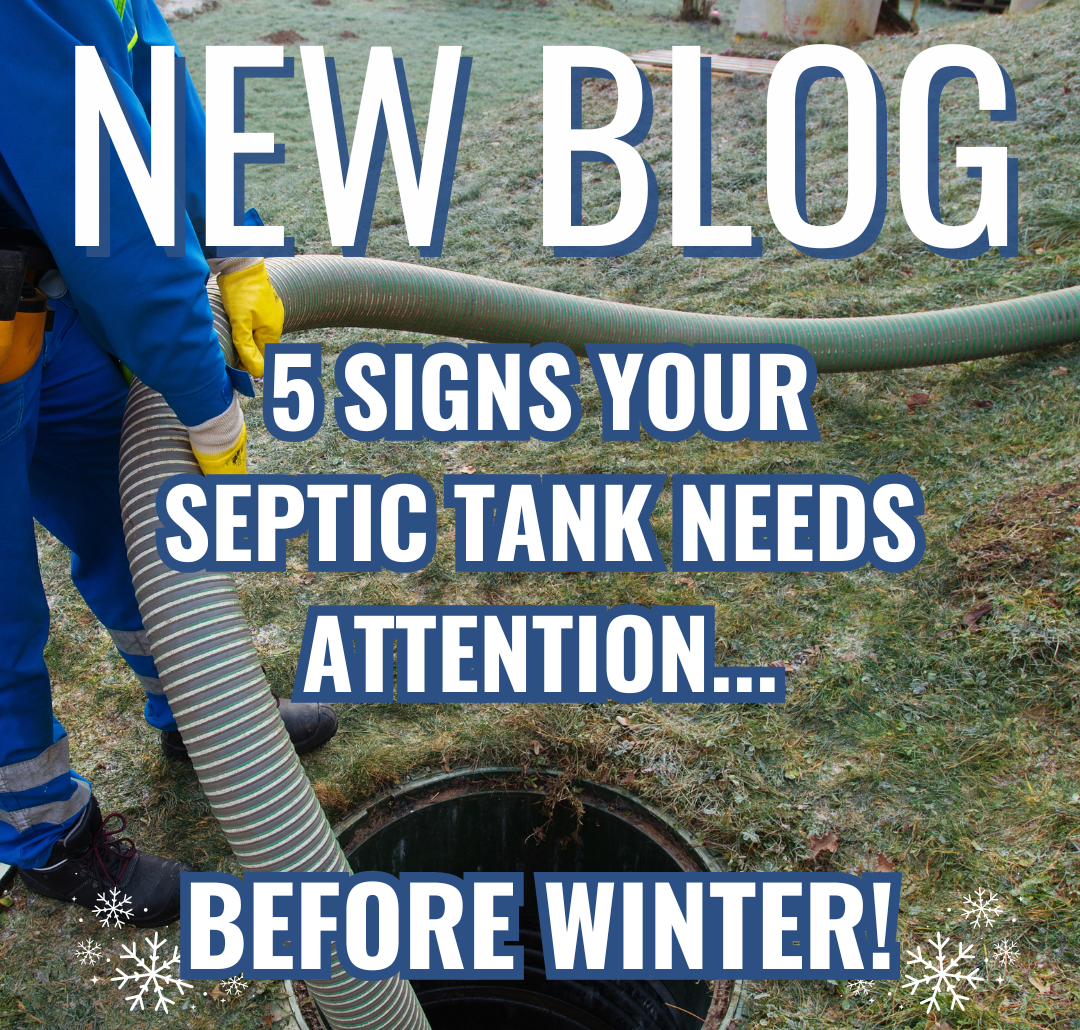
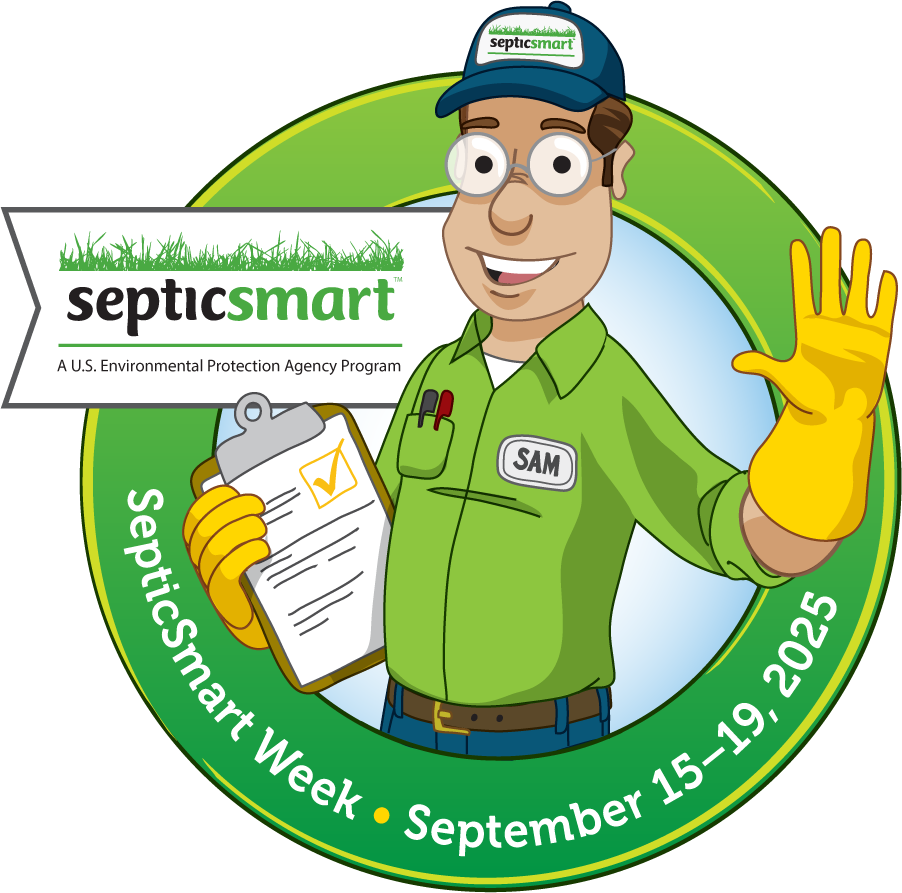

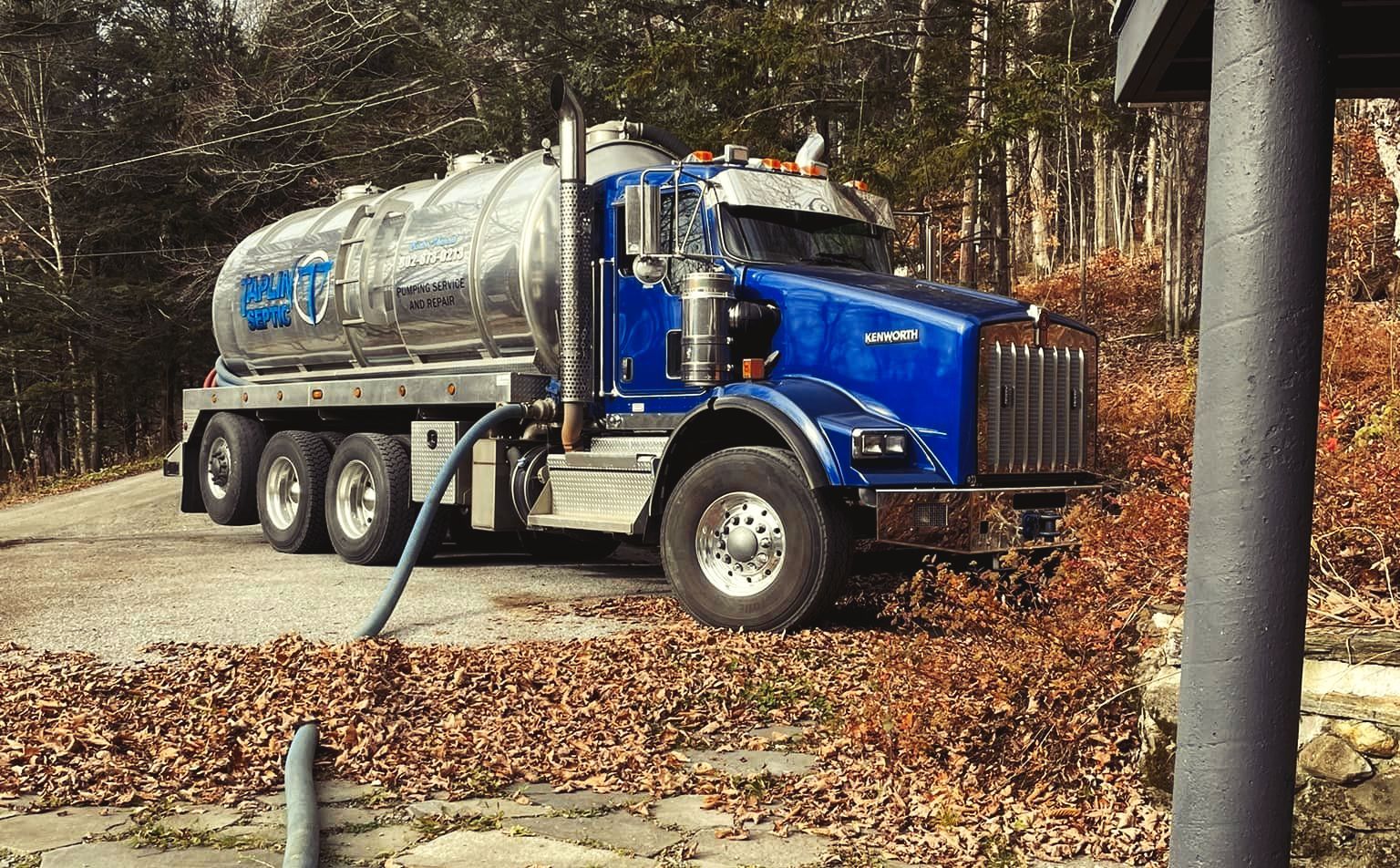

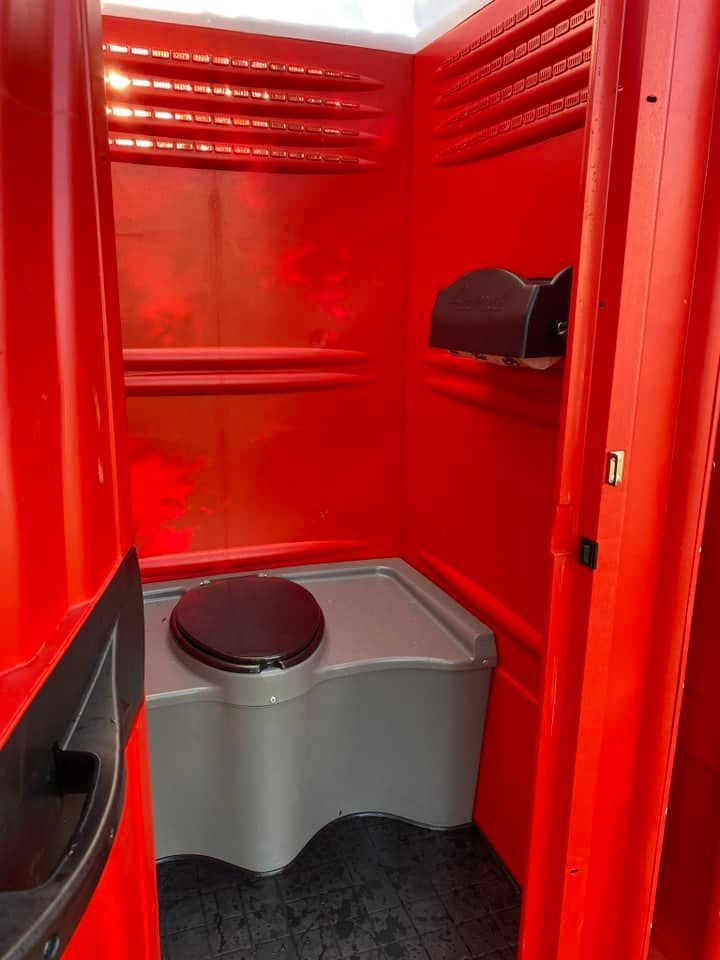

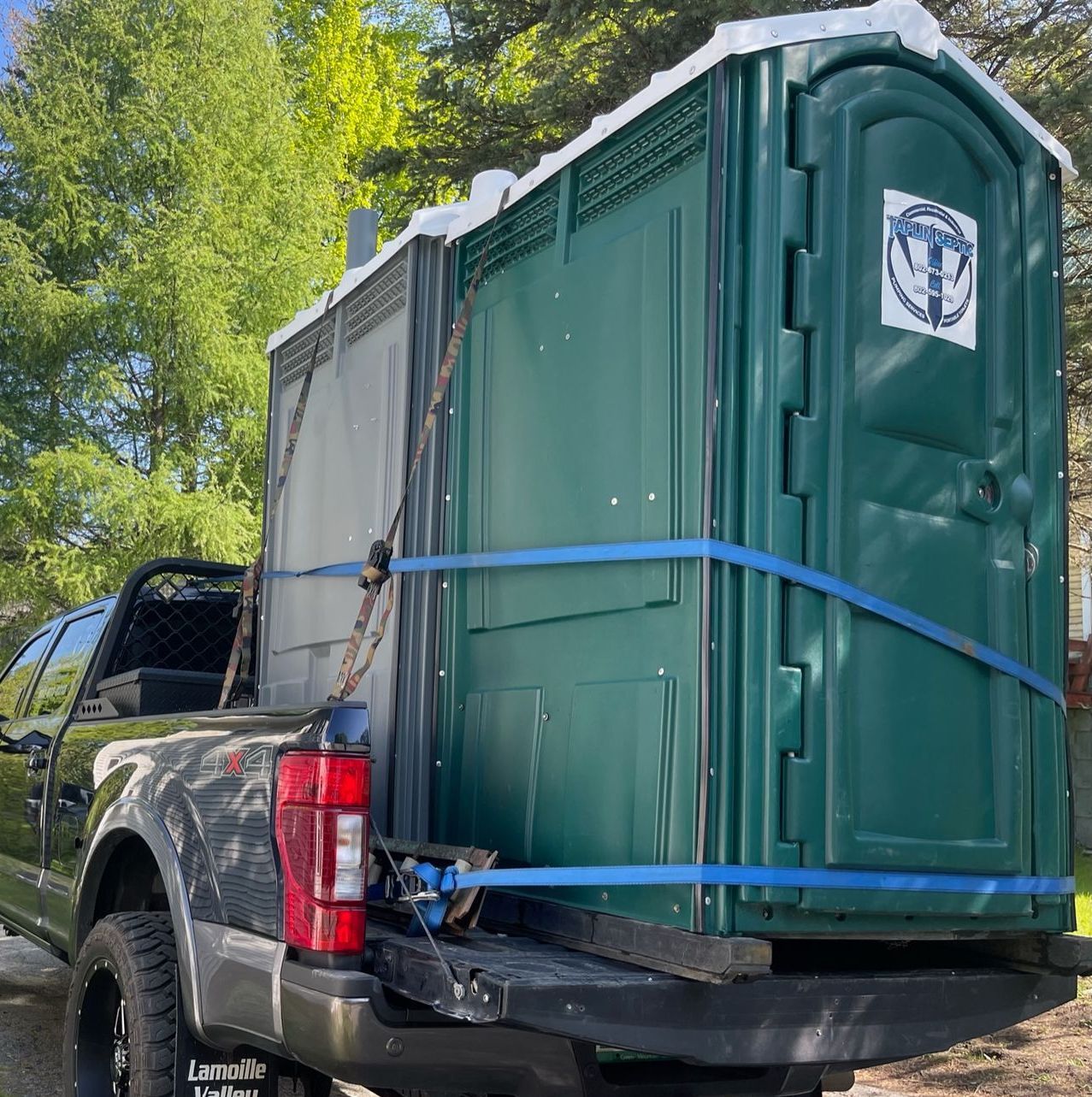
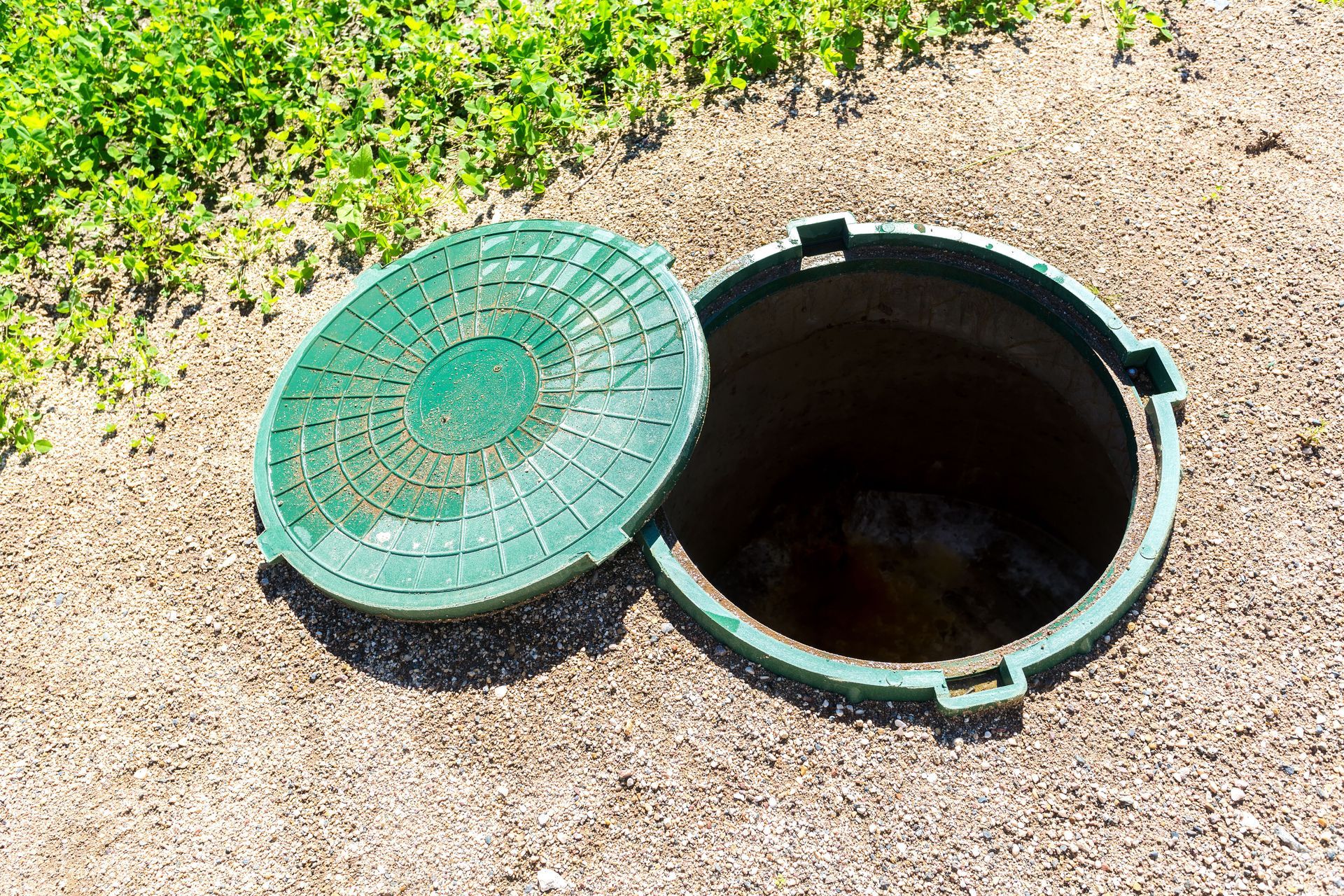
Share On: